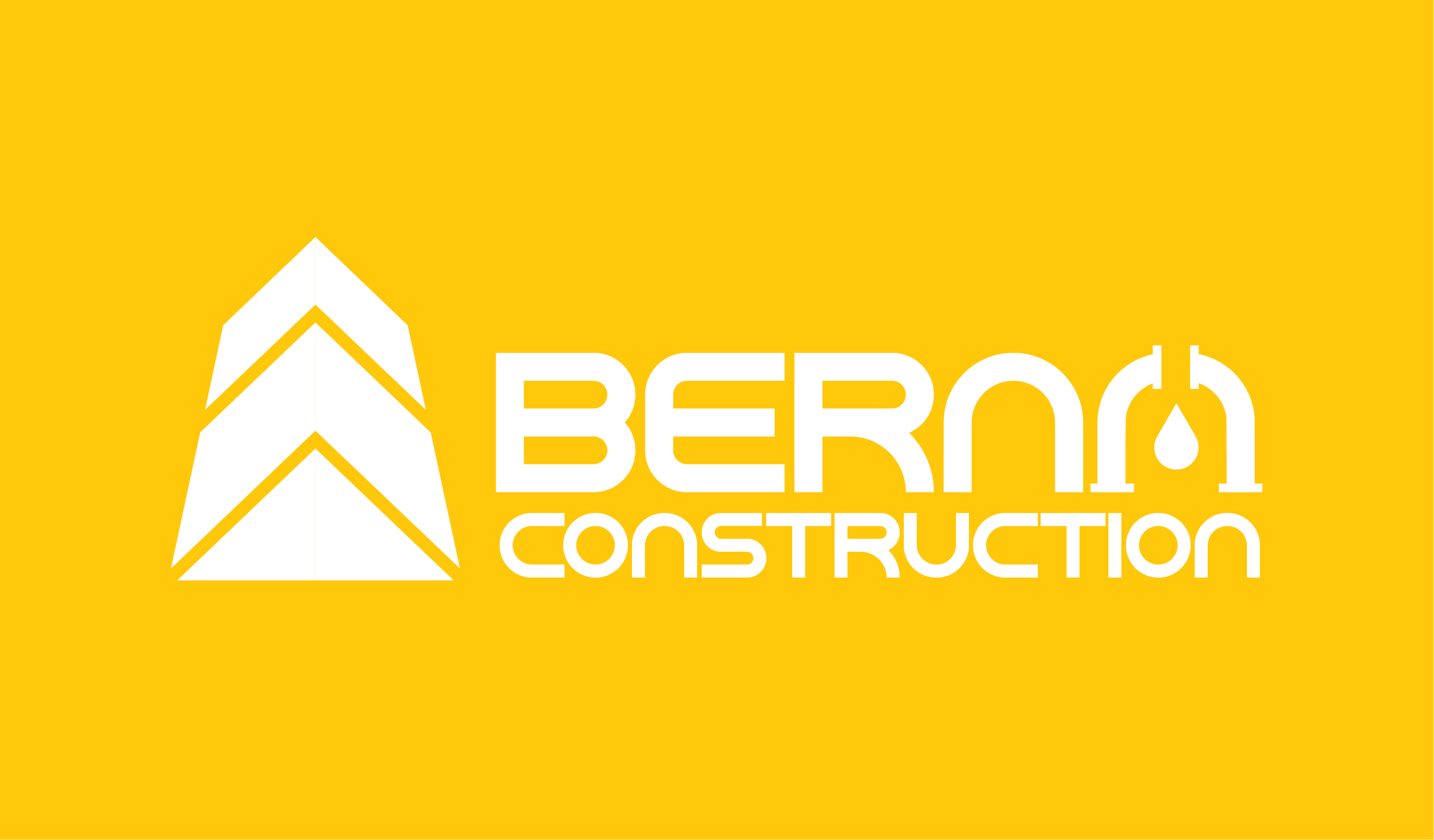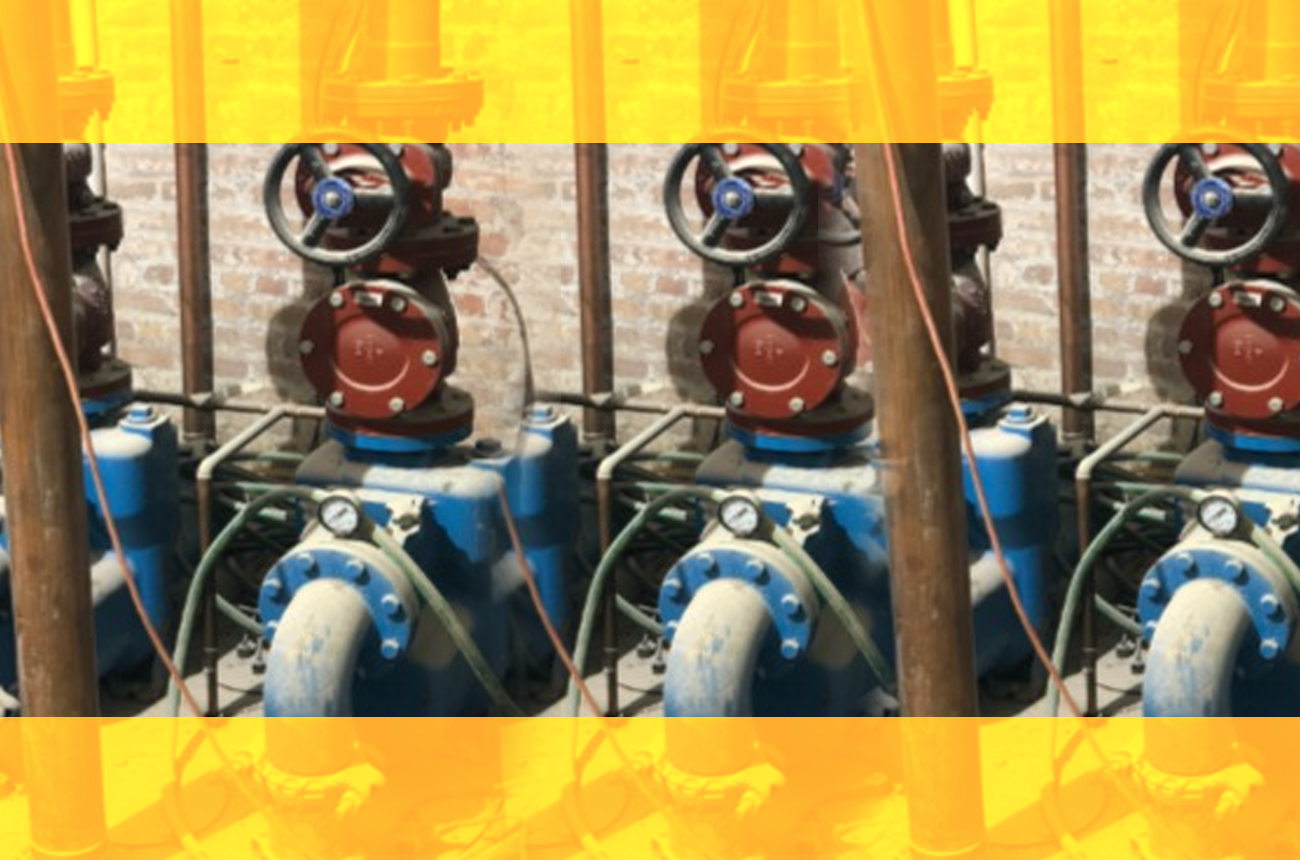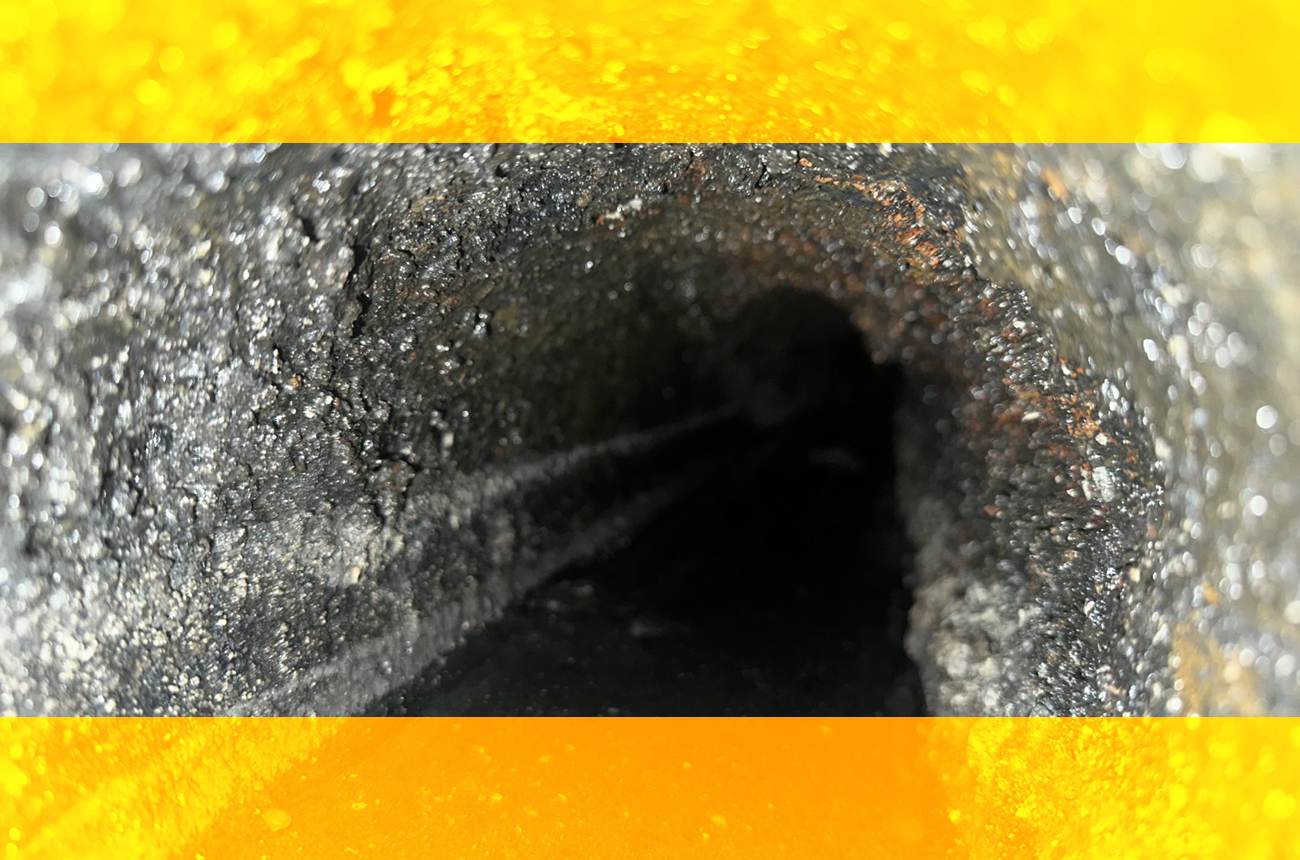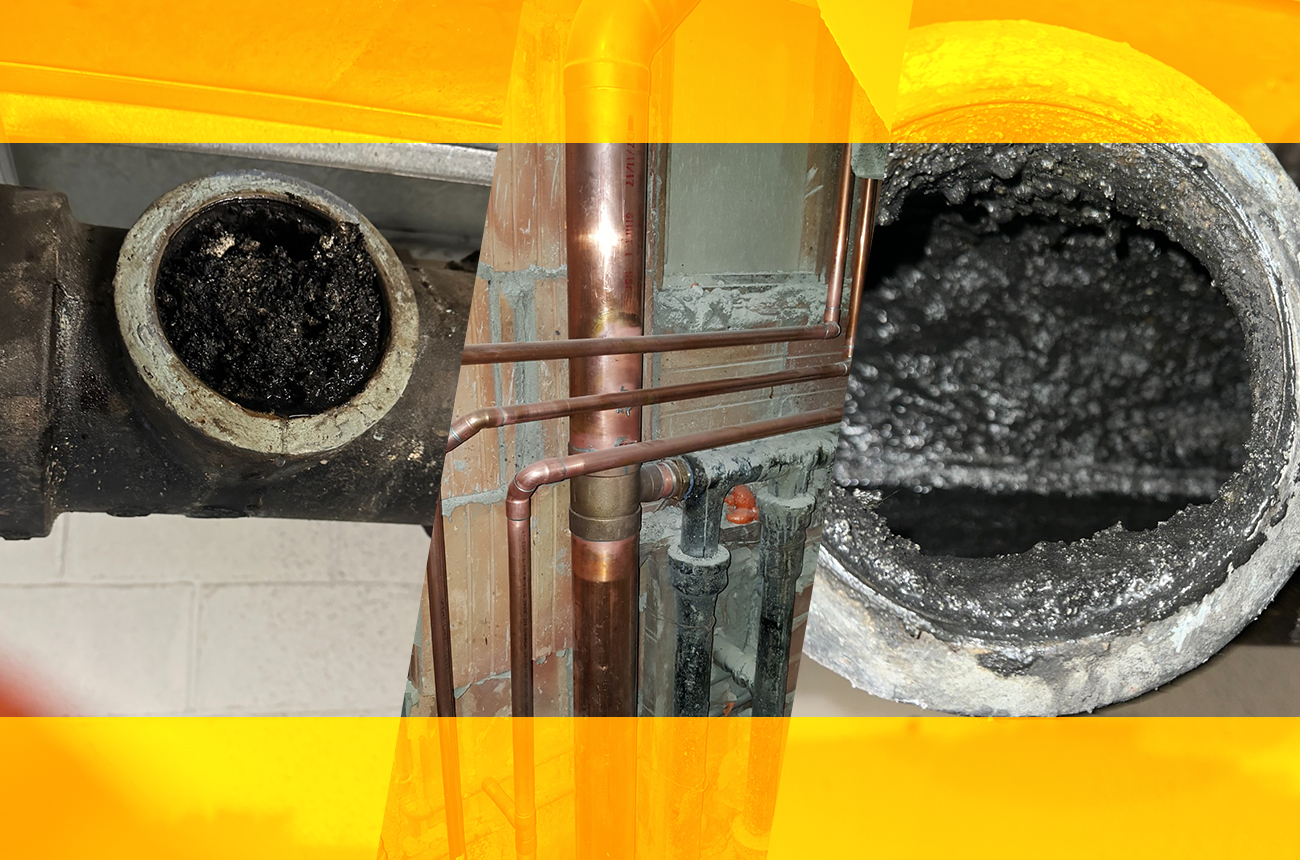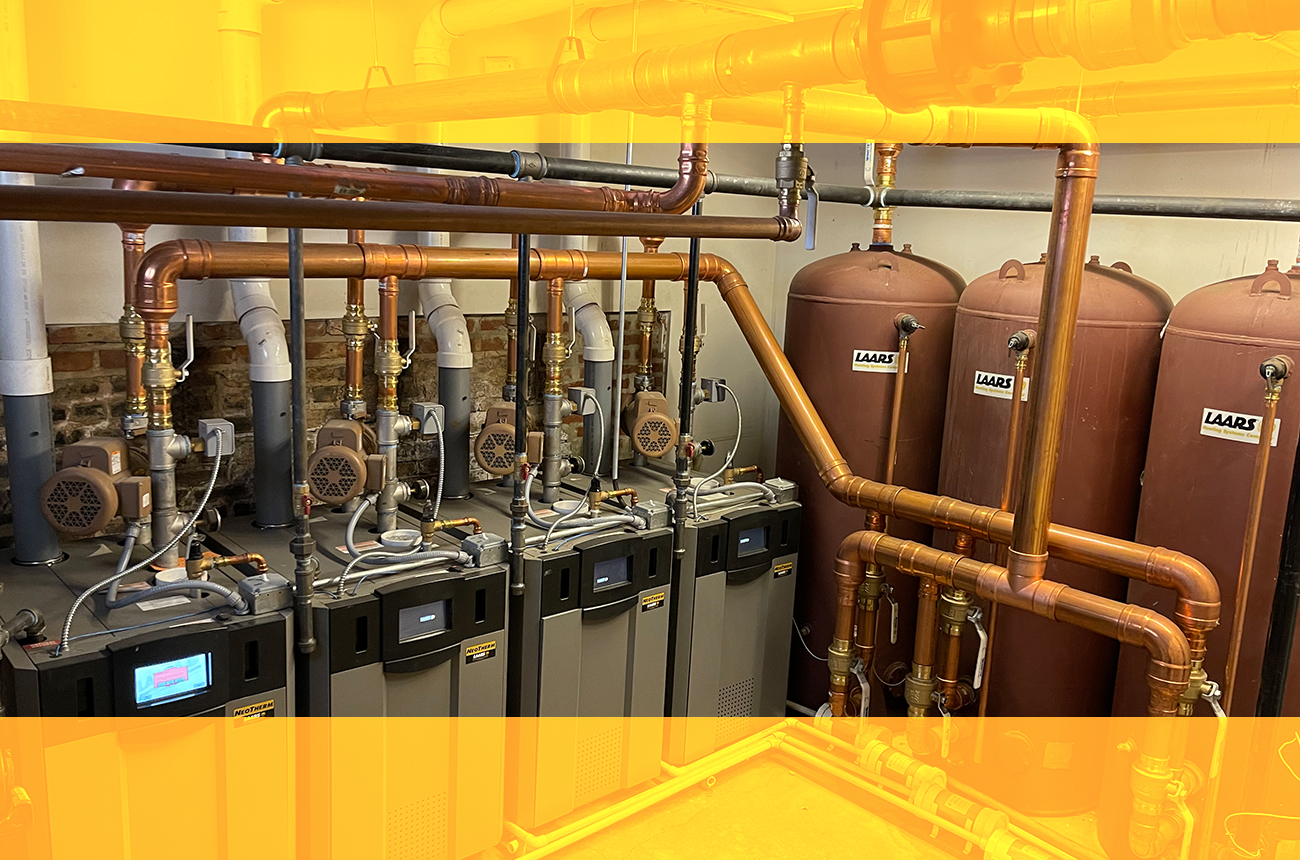
Mastering Efficiency: A Guide to Replacing Commercial Boilers
Introduction
The heart of any commercial establishment is its plumbing system, and at the core of that system lies the commercial boiler. As technology advances, so do the capabilities of these vital machines. In this guide, we’ll explore the intricacies of replacing commercial boilers, from recognizing the signs it’s time for an upgrade to navigating the installation process.
Signs it’s Time for Replacement
- Age and Efficiency: Boilers older than 15-20 years may be operating at significantly lower efficiency rates compared to newer models. This inefficiency translates to higher operational costs.
- Frequent Repairs: If your boiler is frequently requiring repairs, it’s a clear indication that it’s reaching the end of its operational life.
- Water Temperature Fluctuations: Fluctuating water temperatures within your commercial space is a sign that your boiler may not be performing optimally.
- Rising Energy Bills: A sudden spike in energy bills without a corresponding increase in usage is often a red flag that your boiler is struggling to operate efficiently.
Selecting the Right Replacement
- Assessment by a Professional: Engage a licensed technician to evaluate your existing system and recommend the appropriate size and type of boiler for your commercial space.
- Efficiency and Environmental Impact: Opt for high-efficiency models that not only save on operational costs but also align with eco-friendly practices.
- Fuel Type: Consider the availability and cost of fuel types. Natural gas is often the most cost-effective option, but other alternatives like propane or electric may be viable depending on your location and needs.
- Capacity and Demand: Ensure that the selected boiler has the capacity to meet the hot water demands of your commercial space, both now and in the foreseeable future.
Installation Process
- Professional Installation: Engage a certified BERNA plumbing expert with experience in commercial boiler installations. They’ll ensure that the system is installed correctly and meets all local codes and regulations.
- Integration with Existing Systems: Coordinate with your contractor to seamlessly integrate the new boiler with your existing plumbing system, controls, and any other relevant components.
- Testing and Commissioning: Thoroughly test the new boiler to ensure it’s functioning optimally. This includes checking for leaks, proper ventilation, and verifying that all safety features are operational.
Benefits of Boiler Replacement
- Improved Efficiency: A modern, high-efficiency boiler can significantly reduce operational costs by consuming less fuel.
- Enhanced Performance: New boilers offer consistent and reliable hot water, ensuring a comfortable environment for occupants.
- Reduced Carbon Footprint: High-efficiency boilers produce fewer greenhouse gas emissions, contributing to a more sustainable and environmentally-friendly operation.
- Financial Incentives: In many regions, upgrading to a high-efficiency boiler can make you eligible for government incentives or rebates.
Conclusion
Replacing a commercial boiler is a strategic investment that not only improves heating performance but also bolsters your energy efficiency and environmental stewardship. By carefully assessing your needs, selecting the right boiler, and entrusting the installation to the professionals at BERNA, you’re ensuring a comfortable, cost-effective, and eco-conscious future for your commercial space.
